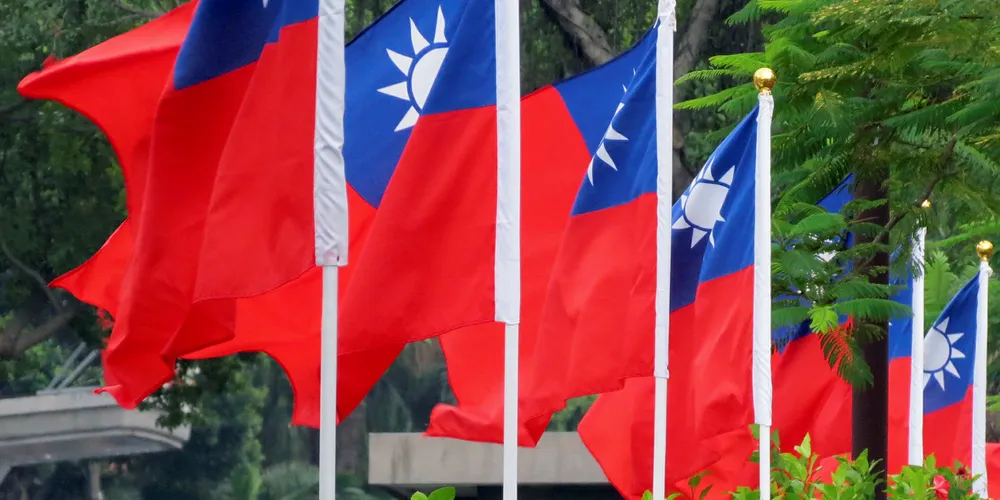Europeans to see Taiwan offshore wind dominance ebb away: Fitch
Enforcement of local content rules to spur market shift towards Taiwanese suppliers, analysts claim

Enforcement of local content rules to spur market shift towards Taiwanese suppliers, analysts claim
